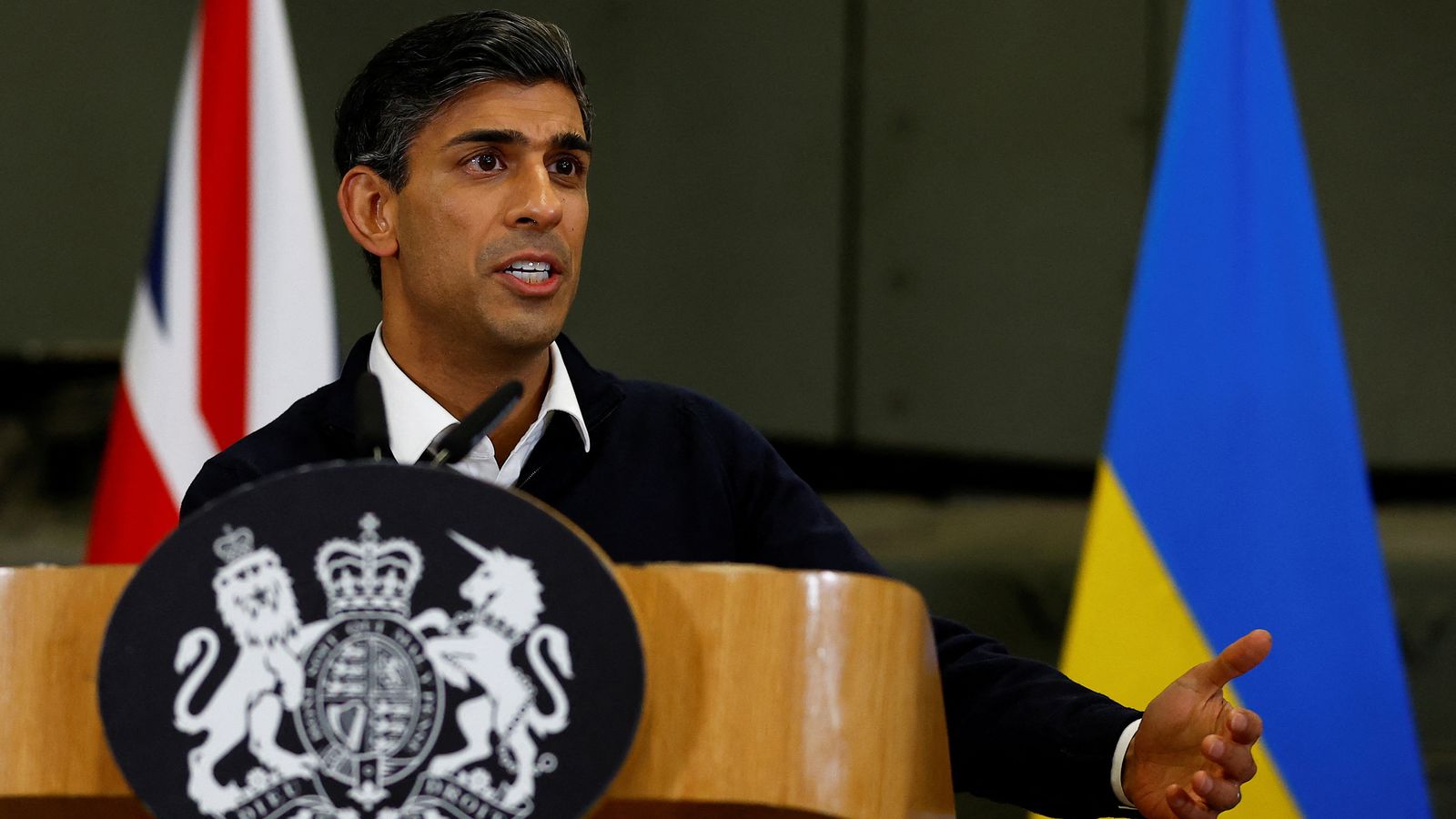The collapse of Silicon Valley Bank has sent shockwaves through the financial world, with many wondering whether the United States Federal Reserve will step in and bail out the startups and venture capital lender.
SVB Collapse Raises Doubts
The collapse of SVB has raised concerns about the banking system’s stability and poked holes in citizens’ trust in banks.
The Fed needs to announce by 6pm tomorrow night a buyer of the assets for the Silicon Valley bank. A failure to do that will unleash a domino effect that will cascade through the markets and the nation’s banking system. People have lost confidence in their competence. Need to… https://t.co/CsgfPO2brE
— Anthony Scaramucci (@Scaramucci) March 11, 2023
For what’s there, the market is looking at what the Fed has to say about the situation that began last week. Following this contagion, USDC, the stablecoin by Circle, has de-pegged, trading below the intended $1 parity with the USD.
Bitcoin also remains under pressure, losing 8% in the past trading week.
CEOs and business leaders have been quick to voice their opinions. Bill Ackman, CEO of Pershing Square Capital Management, warned that the failure of Silicon Valley Bank could have severe consequences for the economy, as VC-backed companies rely heavily on the now-bankrupt bank.
The billionaire suggested that a highly dilutive government bailout should be considered if private capital is unavailable. However, he added that should there be a bailout, it must only protect SVB depositors, not its management or stockholders, as poor risk management should not be rewarded.
Not everybody agrees with Ackman. Many believe that SVB should not be saved with taxpayer’s money. Instead, the argument is that private companies and their management should be held fully accountable for their decisions and actions in a capitalist system.
Yet, the government is vested in ensuring financial stability and citizens are confident in their banks. Any domino effect, with the failure of SVB, could lead to the collapse of others, which would present the crypto industry as a messianic alternative to traditional banking.
Liquidity Crisis Exposes The Need For Regulation
It is still being determined at this point whether the government will bail out the bank or try to find a more circuitous solution. Still, some experts predict that the government may strong-arm one of the big banks to take over SVB’s accounts and provide the necessary liquidity to bridge the bond assets’ maturity gap.
Regardless of the outcome, the potential collapse of SVB highlights the need for greater regulation and oversight of the banking system. Banks must be adequately capitalized and have risk management systems in place to prevent similar crises from occurring in the future.





